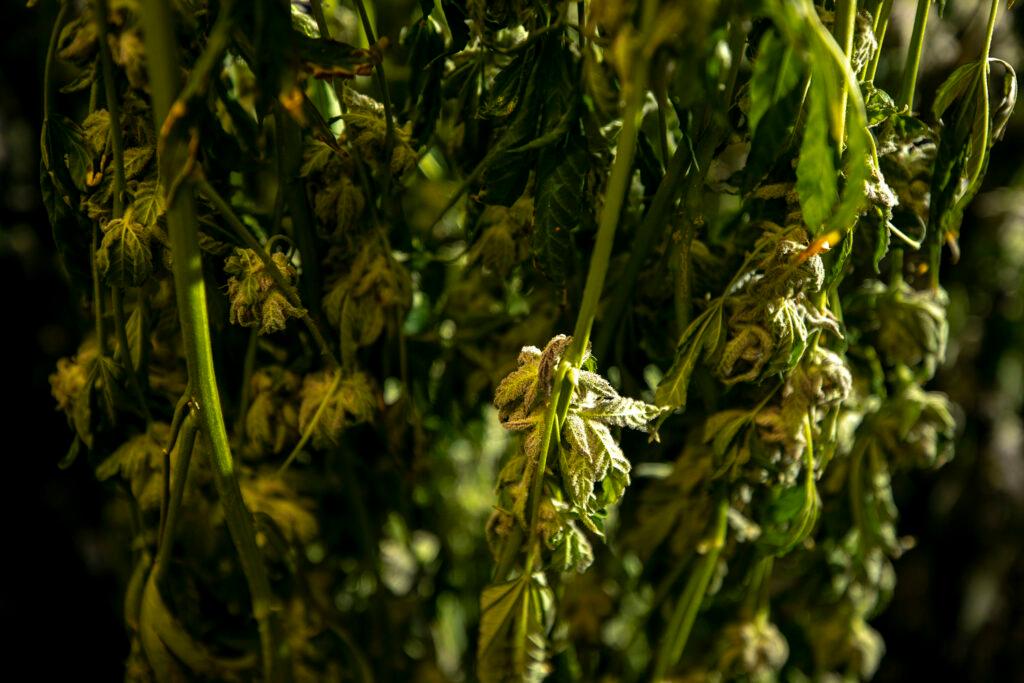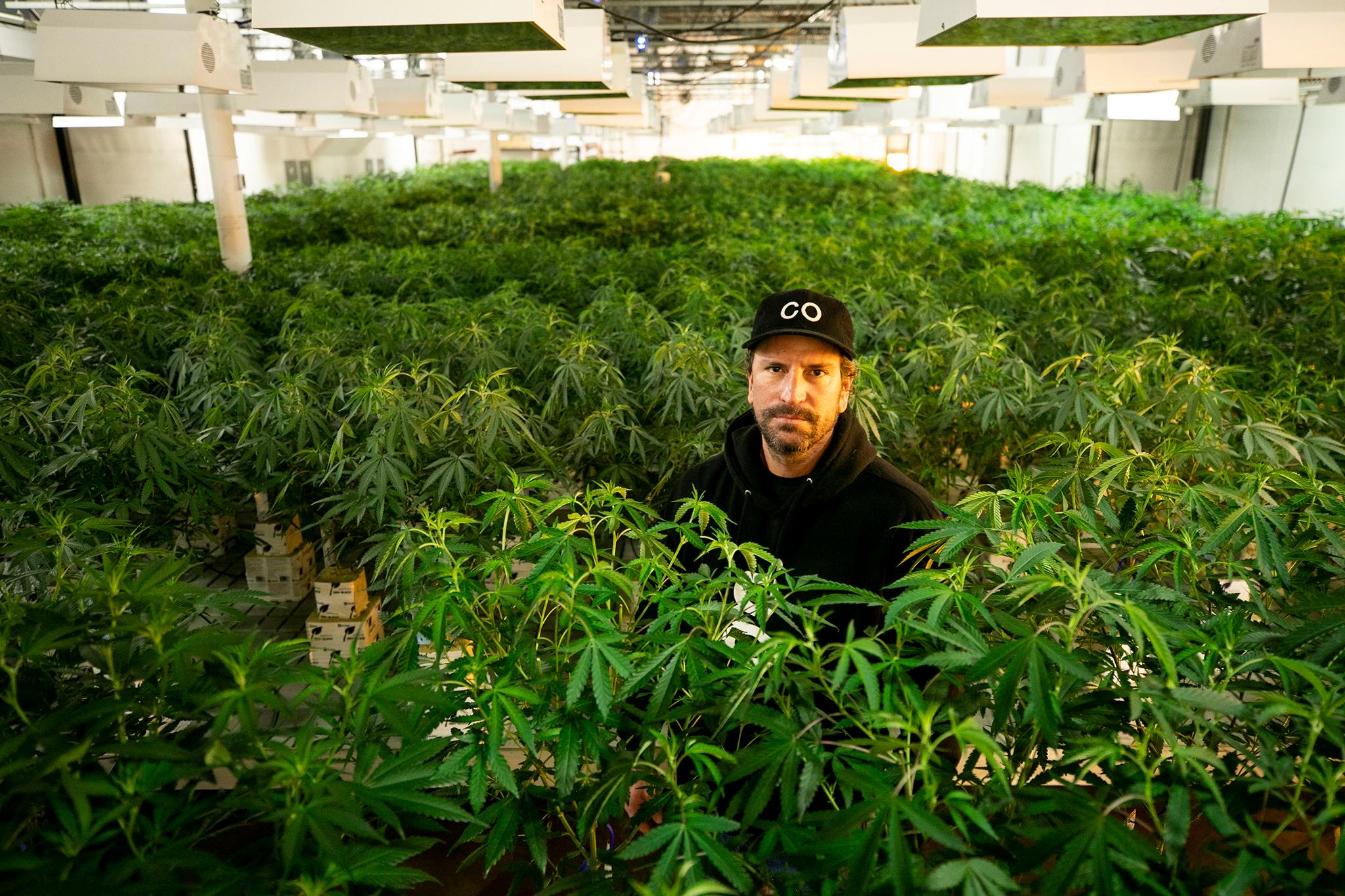
Overbuilt and overgrown, Colorado's cannabis industry is now facing a major shakeout.
Pandemic-fueled demand has evaporated just as new grow operations flood the market with cannabis. It has turned what had been unending growth into the industry's first downturn.
Since recreational cannabis started in 2014, sales had never declined on a year-over-year basis.
But starting in July 2021, the industry has logged 17 straight months of decline.
Prices for recreational flower have dropped 23 percent over the last 12 months, and they don’t look likely to rebound anytime soon.
“Black Friday used to be a big day for us,” said Christopher Stefan, who specializes in cannabis real estate.
“And it hit with a thud this year. We’ve talked to multiple retailers,” and they just aren’t seeing customers materialize.
About $1.5 billion worth of cannabis has been sold through October in Colorado, down 21 percent from the same period in 2021, a decline of more than $400 million.
That affects not just businesses, but governments. Tax and fee collections are down more than $90 million this year, according to the Colorado Department of Revenue. State budget experts are watching the declines closely — the taxes fund everything from school construction to addiction treatment.
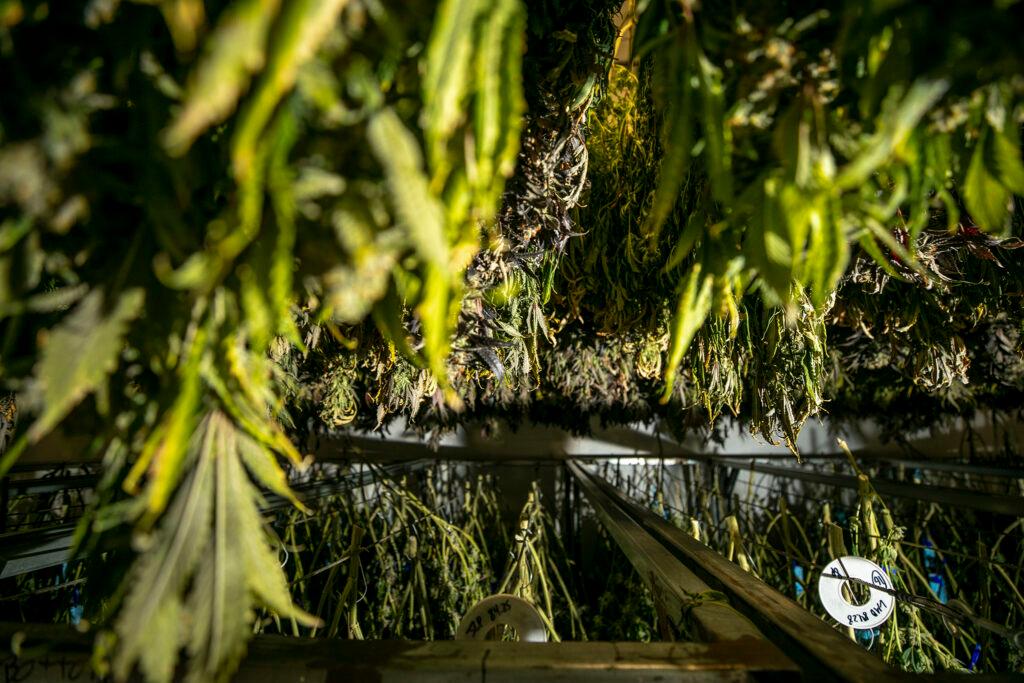
During the pandemic, demand surged, as Colorado went into lockdown. Investment rushed into the industry, in particular into new production, grow houses.
“I think like everyone saw the lines around the corner, Cannabis is pandemic-proof, right?” said Matt Huron, the owner of Good Chemistry Nurseries, which grows and sells cannabis. “Well, it takes a good year and a half to build one of these things. It takes probably at least two years if you know what you're doing to build it, get through the inspections, get open.”
The problem is many of those grows finally opened just as vaccines became widespread, and weed lost some of its appeal as people weren’t just sitting at home streaming Netflix anymore.
Then the closure of Buddy Boy, a chain of marijuana stores, caused concern throughout the industry.
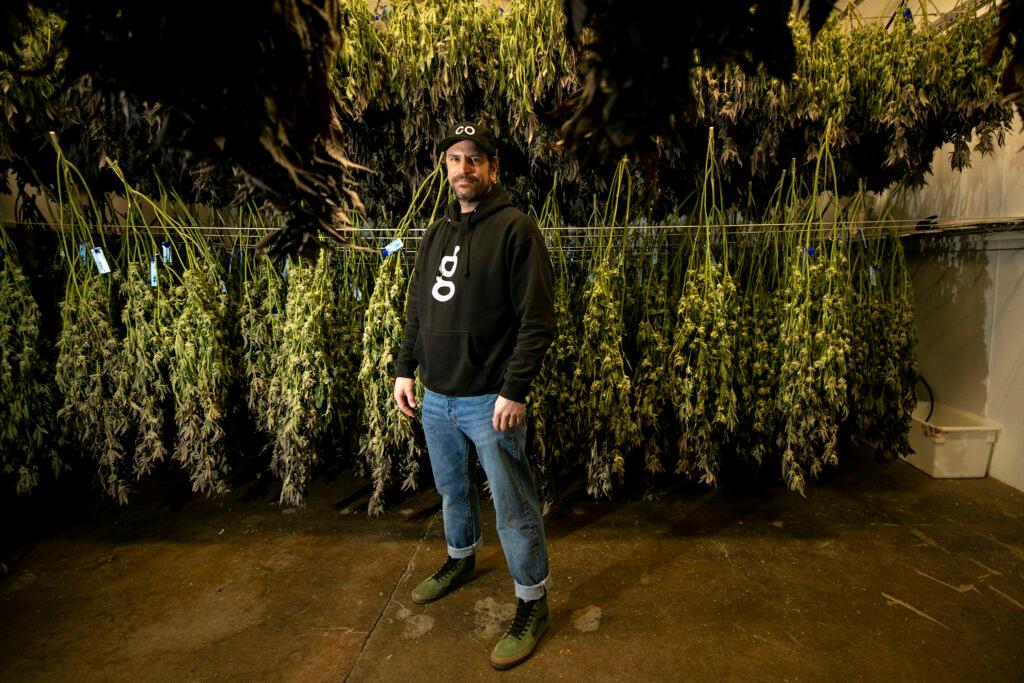
“It was a little bit of a shock, to be honest with you,” Huron said. “I mean, they've been around a long time.”
Stefan, the cannabis business broker, said more could be coming.
“I'm afraid really just grows and businesses are gonna have to shutter,” Stefan said.
It is a stunning turn of events from the pandemic when businesses were expanding rapidly and courted by big-money investors. Now many are unraveling.
“Now you're meeting with lawyers all day and you're fighting your partners and your best friends,” Stefan said.
A lot of this is also happening in the rural parts of Colorado.
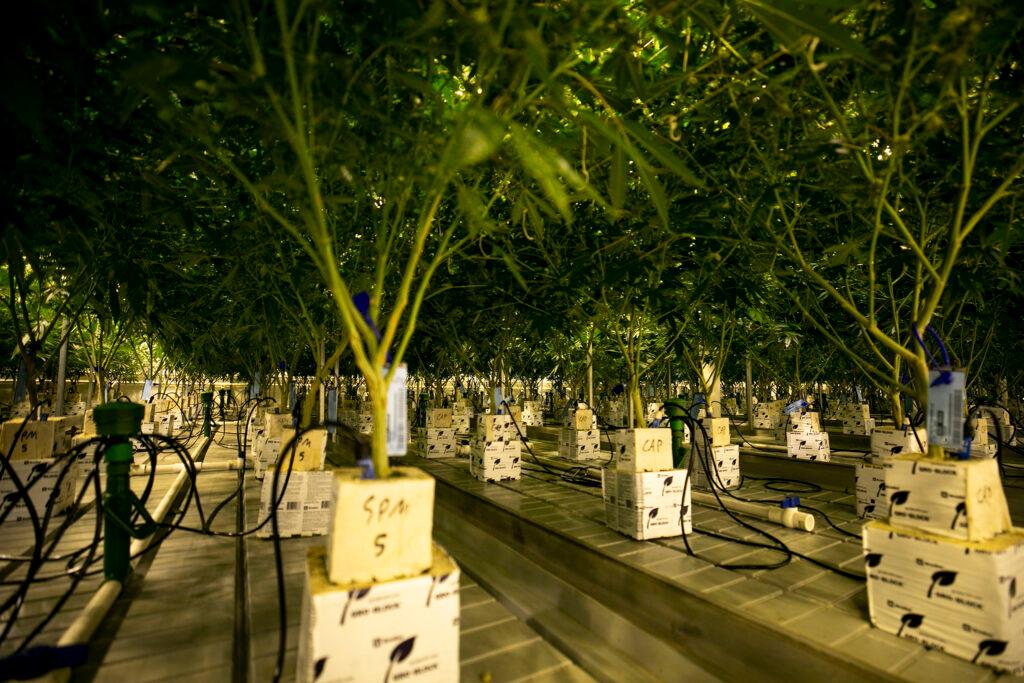
Denver is the largest grower of marijuana, accounting for 41 percent of all cultivated plants in the state. But many city warehouses slowed production as demand began to fall. It wasn’t enough. Growing operations all around the state came online. Before the pandemic, there were 15 counties in Colorado growing cannabis. Now there are 24.
Crowley County, east of Pueblo, is a prime example of the boom, and the bust. The county has 6,000 residents, about half of whom are inmates at the local private prison. It had little in the way of an economy, and county leaders decided, back in 2016, to allow cannabis production.
“It's still a pretty sore subject in the county, being mostly right-leaning county,” said Roy Elliot, a Crowley County commissioner. “A lot of people aren't too fond of marijuana grows.”
Still, the grows were a boon to the county budget. County tax revenue from cannabis last year was about $1.3 million.
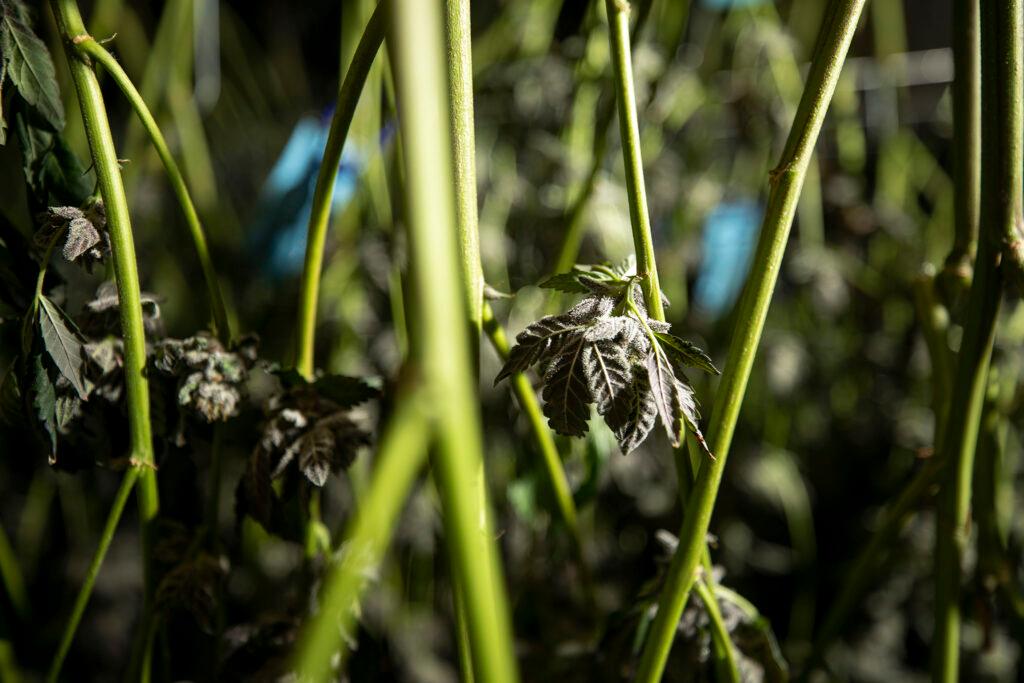
But Elliot says many grows have closed permanently.
“A lot of 'em still have a decent amount of product sitting around from either this Fall’s harvest from outdoor grow, some of 'em have product from last year's [harvest].”
State records show that about 42,000 plants have been cultivated in Crowley County this year.
“It hit that boom after Covid, and I think too many people got into it,” Elliot said. “And like any other new industry, when it first shows up, they gotta find that sweet spot. “
But in Denver, Matt Huron believes the marijuana business has matured into something like the restaurant industry. He hopes that, like restaurants, he can distinguish his product on quality, by growing proprietary marijuana strains he’s spent years perfecting.
“There are restaurant groups that open up in competitive markets do very well,” Huron said. “And then there's a gazillion other guys that open up a restaurant and they're out of business in a year. And that's really what the cannabis industry is now.”
